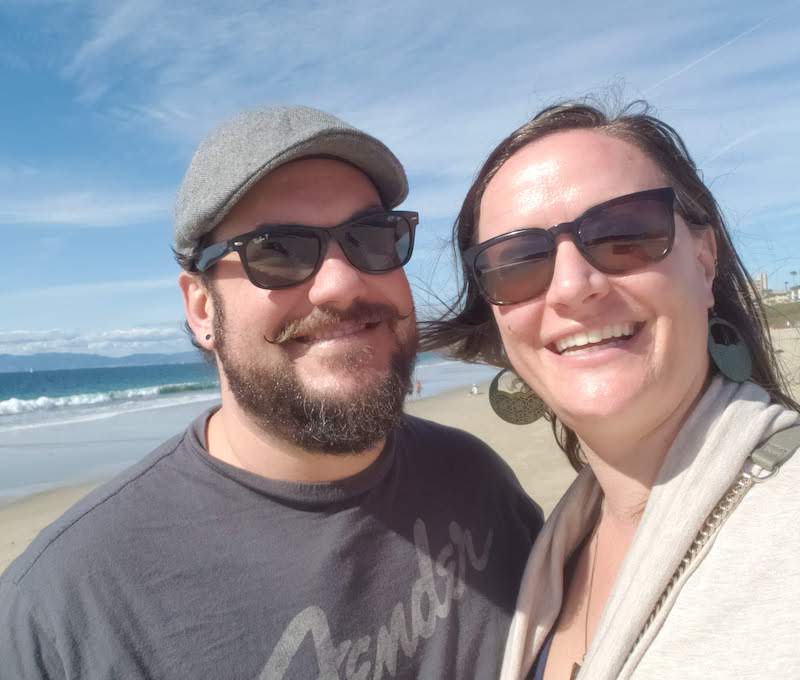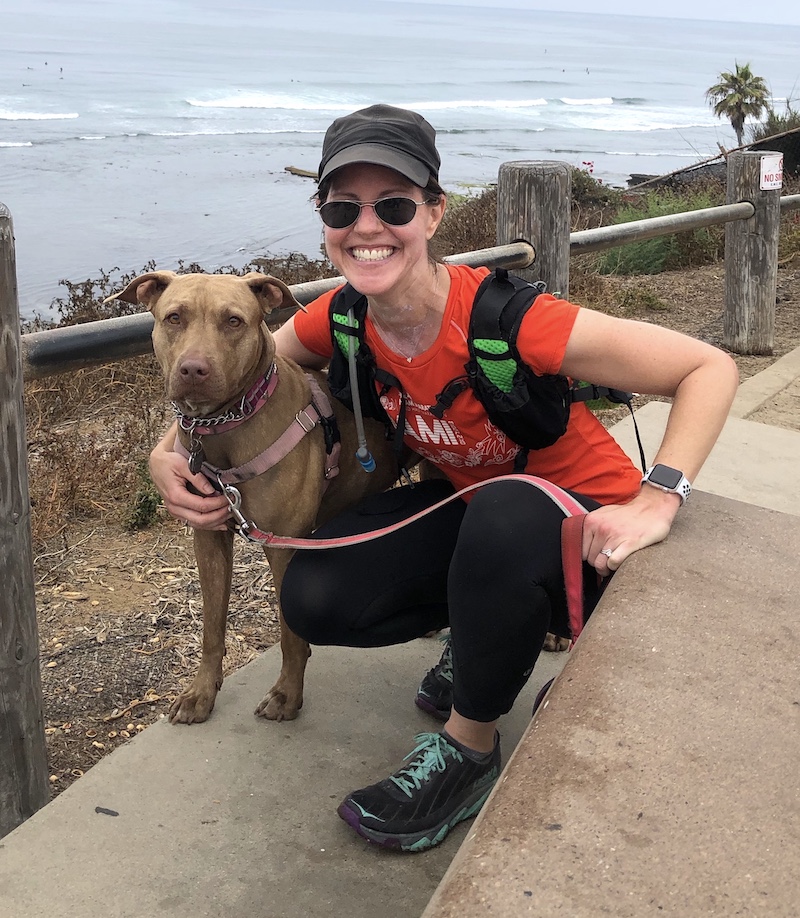It’s Never Too Late for Graduate School
April 30, 2020
Chan student ambassador Kat Hylton talks to three students who pursued a new occupation to become an occupational therapist
Academics and Courses Students
Changing careers in order to return to grad school is a big decision that nobody makes without thought and contemplation. Each and every path on the educational journey to arrive at USC Chan is unique. As we approach May’s commencement, I asked a few of USC Chan’s “mid-career” students who took that leap of faith for their own perspectives about making the switch to occupational therapy.
Occupational therapy attracts students from a variety of backgrounds, and this diversity of experiences and perspectives is part of what keeps the profession so holistic. What field or career were you involved in prior to switching to occupational therapy?
Maggie Markley MA ’20: “I worked in the restaurant industry for 10 years prior to returning to school to take pre-reqs. I started as a host when I was in undergrad, I moved up to server, bartender, manager and then GM for five years.”

Maggie Markley and her husband enjoying one of their favorite occupations: to go to the beach | Photo courtesy of Maggie Markley
Rachel Schey MA ’20: “I’ve had several careers. I worked in high tech public relations in Silicon Valley, personal training and, most recently, ABA therapy working with kids with autism.”
Kathleen Davidson MA ’20: “In my first career I was a professional dancer, and performed with companies such as the Houston Ballet in Texas and Shen Wei Dance Arts in New York City. I spent about 10 years performing, touring, choreographing and teaching dance in a variety of settings with a range of ages and abilities.”
A lot of students have interesting stories about discovering occupational therapy. Why did you decide to change careers, and what drew you to OT?
RS: “I had thought about going back to school for years, but nothing had really excited me enough to make the commitment to do it. I originally thought about doing [physical therapy], but it felt a lot like what I was already doing with clients, and I couldn’t see myself doing it forever. When I discovered OT, it felt like the perfect fit for my many interests of physical rehabilitation, working with kids with disabilities and the potential to include animals in therapy, which is a passion of mine.”
KD: “I knew I wanted new challenges and job security in the second half of my life, but I was not sure what would be worth the time, investment and effort. As I was teaching dance to adolescents and watching my son grow, I found myself fascinated by the development of motor learning and the acquisition of motor skills. My son received early intervention services, including occupational therapy for feeding and gross/fine motor delays. I learned about the profession up close, and loved the family-centered, collaborative approach, tailored goals and measurable outcomes in the context of play.”

Kathleen Davidson during one of her dance productions | Photo courtesy of Kathleen Davidson
Grad students face a number of different challenges, and achieving success takes dedication, time and effort. What challenges did you face when returning to school, and how did you overcome them?
MM: “The first challenge was learning how to be a student again, balancing life, class and studying. Then, of course, there’s the financial — going from working full time and having a salary, to working three part-time jobs. I am very lucky to have a husband to help out with a lot of the bills.”
KD: “The biggest challenge, after deciding on OT, was the slow grind of acquiring pre-requisites and studying for the GRE! I juggled part-time teaching, part-time course load, a toddler by day and assignments at night. The work-life balance was not pretty, but I was motivated and inspired to learn. On day one of the graduate program, I was wracked with nerves and worried about the burden on my family. Fortunately, I felt right at home once I figured out how to navigate online platforms, and met the dedicated faculty and my engaging, inspiring classmates.”
What advantages did your previous careers and experiences give you in grad school?
RS: “The life experience I bring to the table has given me some extra resilience, and allows me to not get too discouraged when things get tough, because I’ve weathered other storms in my life. I also hope it gives me some extra empathy for others trying to learn new things, because this journey has not come easy.”

Rachel Schey with her dog, Gracie, on a beachside hike | Photo courtesy of Rachel Schey
MM: “I think having experience in the ‘real world’ has helped me a lot in school. The maturity of having managers — and being a manager — has helped my communication and expectations with professors, and knowing how to act in fieldwork settings. Also, know that getting an A in every single class doesn’t mean you will be a great clinician, and getting a B doesn’t mean you won’t.”
⋯
Next by tag Academics and Courses ⟩ Students ⟩





